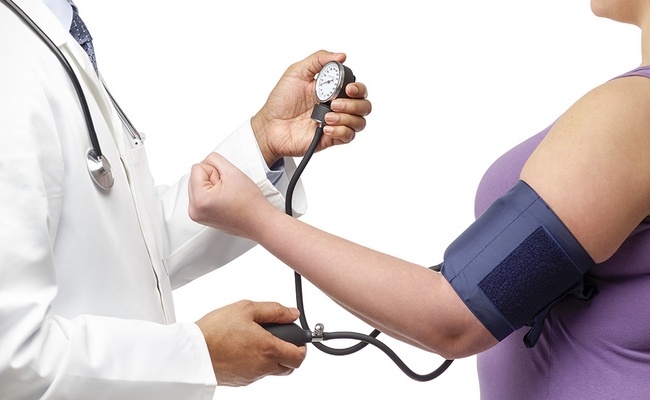Factors Affecting Blood Pressure: Details Discussion
What is Blood Pressure?

Physiological Factors Affecting Blood Pressure:
Some physiological factors are pointed out below:
- Age,
- Sex,
- Body built,
- Meal,
- Sleep,
- Diurnal variation,
- Emotional condition,
- After exercise.
All the above physiological; factors have explained in the following:
1. Age:
Arterial blood pressure increases as age advances.
Systolic pressure in different age:
- Newborn- 70mmHg
- After 1 month- 85mmHg
- After 6 month- 90mmHg
- After 1 year- 95mmHg
- At puberty- 120mmHg
- At 50 years- 140mmHg
- At 70 years- 160mmHg
Diastolic Pressure in different age:
- Newborn- 40mmHg
- After 1 month- 45mmHg
- After 6 month- 50mmHg
- After 1 year- 55mmHg
- At puberty- 80mmHg
- At 50 years- 85mmHg
- At 70 years- 90mmHg
- At 80 years- 95mmHg
2. Sex:
In females, up to the period of menopause, blood pressure is 5mmHg less than in males of the same age. After menopause, the pressure in females becomes equal to that in males of the same age.
3. Body Built:
In the case of obese persons, the pressure is more than in lean persons.
4. After Meals:
Blood pressure increase for a few hours after meals due to an increase in cardiac output.
5. Sleep:
During deep sleep, there is a fall in blood pressure by 15-20mmHg.
6. Diurnal Variation:
Normally blood pressure is slightly low in the early morning. It slowly increases and reaches the maximum level at noon. It becomes low in the evening.
7. Emotional Conditions:
During excitement or anxiety, blood pressure is increased due to the release of adrenaline.
8. After Exercise:
Systolic pressure increases by 20-30mmHg after moderate exercise. Normally diastolic pressure is not affected in moderate exercise. After severe exercise, systolic pressure rises by 40-50mmHg above the normal level. But, the diastolic pressure decreases in severe exercise.
Regulation of Blood Pressure:
The body has four regulatory mechanisms to maintain blood pressure within normal limits:
- Nervous mechanism or short term regulatory mechanism,
- Renal mechanism or long term regulatory mechanism,
- Hormonal mechanism,
- Local mechanism.
Some hormones that regulate blood pressure are pointed out below:
Hormones that increase blood pressure:
It includes-
- Adrenaline,
- Noradrenaline,
- Thyroxin,
- Aldosterone,
- Vasopressin (ADH),
- Angiotensin,
- Serotonin.
Hormones that decrease blood pressure:
It includes-
- Bradykinin,
- The vasoactive intestinal polypeptide (VIP),
- C-type natriuretic peptide,
- Atrial natriuretic peptide,
- Prostaglandin,
- Brain natriuretic peptide,
- Histamine,
- Acetylcholine.
More questions related to this article:
- Define blood pressure.
- What do you mean by blood pressure?
- What are the psychological factors affecting blood pressure?
- Name the hormones that regulate blood pressure.
- Mention the factors which affect blood pressure.
- Write a short note on blood pressure.

Maria Khatun Mona is a Founder and Editor of Nursing Exercise Blog. She is a Nursing and Midwifery Expert. Currently she is working as a “Senior Staff Nurse” at “Dinajpur Medical College Hospital”, Bangladesh. She has great passion in writing different articles on Nursing and Midwifery. Mail her at “maria.mona023@gmail.com”
